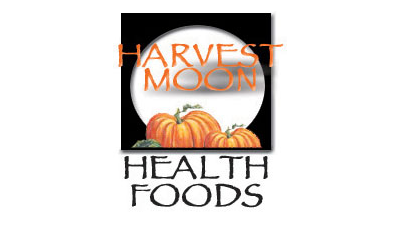As we age, it’s normal for the brain to work less nimbly than in years past. Memory’s inevitable decline starts as early as the 20s, although it’s subtle enough that most people won’t notice that they’re losing mental ground until after age 60.
Age-Related Memory Loss
Memory lapses usually start small, such as forgetting why you walked into a room, where you put your keys, or drawing a blank on an acquaintance’s name.
This normal part of the aging process is called age-related cognitive decline, with the main signs being memory problems, less aptitude for learning new information, and difficulty concentrating.
People of all ages want to keep their minds sharp—from middle-aged people who may have noticed the first inklings of age-related cognitive decline to older adults concerned with the potential for serious memory problems.
Preventing Cognitive Decline
Fortunately, memory experts have found ways to retain brainpower.
Nutrition
Adopting a diet rich in "brain food" has shown benefits in studies.
-
Mediterranean Diet
Adopting a Mediterranean diet—the cuisine typical of the countries bordering the Mediterranean Sea—may be the most powerful dietary route for preserving gray matter.
When nearly 2,000 older individuals and their diets were tracked for many years, the benefits of a Mediterranean diet became clear. As a person’s score (representing how closely they followed a Mediterranean diet) went up, their chances of later experiencing cognitive problems such as dementia went down by 10 percent.
The Mediterranean diet also showed clear benefits for memory, language use, and overall thinking ability.
The omega-3 fatty acids in fish account for some of the brainy benefit in this diet. For the greatest benefit, select fatty fish such as salmon, trout, tuna, or sardines a few times a week. These fish are the richest in a brain-boosting omega-3 fatty acid called DHA. Dietary supplements of omega-3 fatty acids offer a great alternative for those who don’t care to regularly eat fish.
-
The MIND Diet
A variation of the Mediterranean diet, the MIND diet combines Mediterranean-style eating with the DASH diet (which aims to reduce blood pressure). When people eating foods from this diet were tracked for more than 14 years, clear benefits were documented for retaining verbal memory skills.
The MIND diet is rich in fish, berries, nuts, olive oil, whole grains, and leafy, green vegetables. It avoids red meat, cheese, and fried foods.
Another tasty way to keep your brain humming along? Blueberries. Powerful antioxidants called anthocyanins in blueberries account for this benefit. Current thinking holds that the anthocyanins boost brain cell connections and communication, as well as the regeneration of brain cells.
When older adults with cognitive complaints take either a daily tablet of fish oil or anthocyanins, something remarkable happens: thinking gets clearer.
A specialized type of fat called phosphatidylserine (PS) is found in brain cell membranes, where it facilitates communication among the cells to aid memory and clear thinking. Research suggests that PS supplements can help safeguard brain function in older adults and can also counteract some amount of age-related cognitive decline.
Herbal Supplements
Many herbs have the potential to enhance thinking powers.
-
Curcumin
Curcumin, extracted from the herb turmeric, has been shown to help prevent cognitive decline in older people. Curcumin can increase the levels of BDNF—brain-derived
neurotrophic factor—in the brain. A deficiency of BDNF has been linked to depression and Alzheimer’s.Because curcumin is a powerful antioxidant and anti-inflammatory, it can sharpen memory and ramp up learning ability. This herb has been put to the test in a group of older people. Daily curcumin supplements provided an attention and memory boost, as well as a mood lift.
Turmeric (Curcuma longa) can be added to food, but supplements of a standardized extract can be a more reliable way to garner a significant therapeutic effect. Aim for 400 milligrams (mg) of a curcumin standardized extract once or twice daily.
-
Ginkgo
A growing body of research shows that ginkgo, taken alone and in various combinations with other supplements, benefits cognition.
Ginkgo extract supplements show effects on cognitive symptoms similar to those of the dementia medication Aricept, with the advantage of being safer to use.

